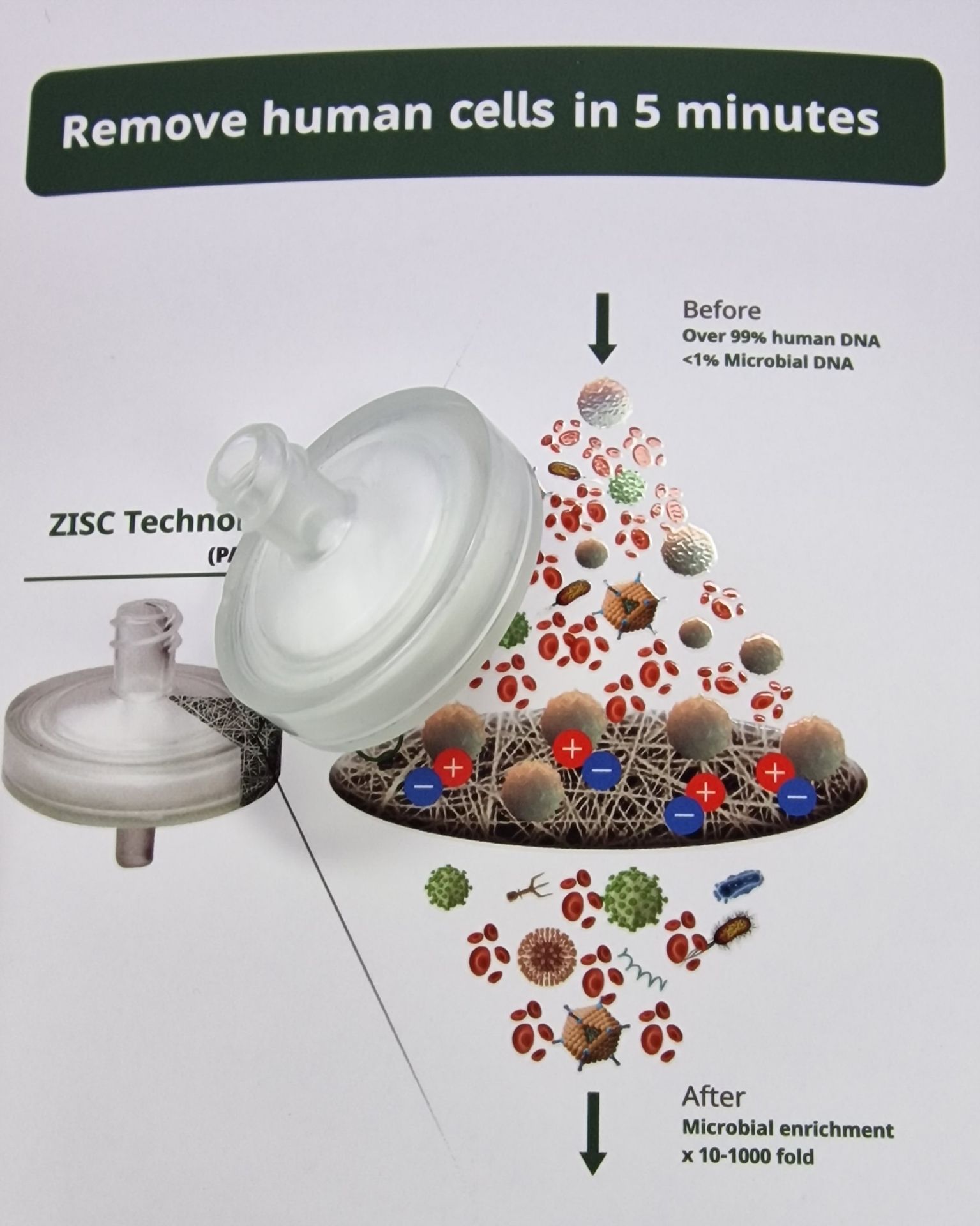NGS ?
NGS stands for Next-Generation Sequencing, which is a high-throughput DNA sequencing technology that revolutionized genomic research and molecular diagnostics. NGS allows for the rapid and cost-effective sequencing of millions to billions of DNA fragments simultaneously. It has significantly advanced our understanding of genomics, genetics, and various biological processes.

Micron-membrane filters
Micron-membrane filters, also known as microporous filters, are a type of filtration media that consist of a thin, porous membrane with defined pore sizes. These filters are commonly used in various industries and applications for the separation, purification, and sterilization of liquids and gases.
Micron-membrane filters play a critical role in the process of Next-Generation Sequencing (NGS) by helping to improve data quality and prevent contaminations. Here are some key aspects of their role in NGS:
- Contaminant removal: Micron-membrane filters are used to eliminate unwanted contaminants present in sequencing samples. This may include cellular particles, genomic debris, chemical residues, and other substances that could interfere with sequencing reactions or introduce biases in the results.
- Prevention of cross-contamination: Micron-membrane filters are employed to prevent cross-contamination between samples during sample preparation and handling steps. They help to prevent contamination from DNA or RNA originating from previous samples, reducing the risk of interference and false interpretations of sequencing data.
- Artifact elimination: Micron-membrane filters aid in removing undesirable artifacts, such as non-specific short sequences, duplicate amplicons, residual adapters, and other irrelevant sequences. This helps improve data quality by eliminating background noise and focusing on relevant sequences of interest.
- Enhancement of data quality: By eliminating contaminants and artifacts, micron-membrane filters contribute to enhancing the quality of sequencing data. This enables more accurate and reliable results by minimizing errors and biases introduced by contaminants or unwanted sequences.
- Selection of appropriate filters: The choice of the appropriate micron-membrane filter is crucial for NGS applications. Different filters have specific characteristics, including pore size, contaminant retention, and compatibility with samples. It is important to select the filter that best suits each specific application to ensure effective filtration.
